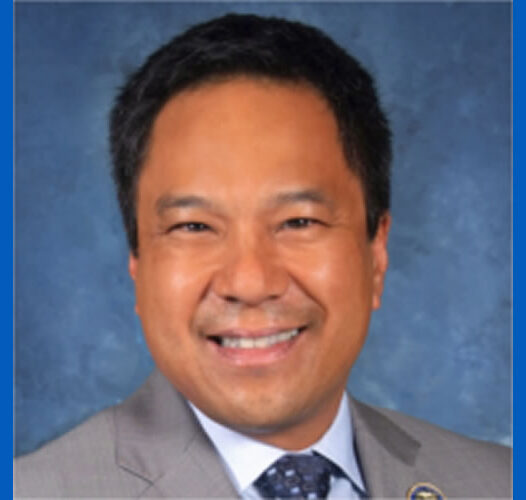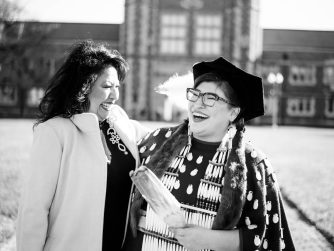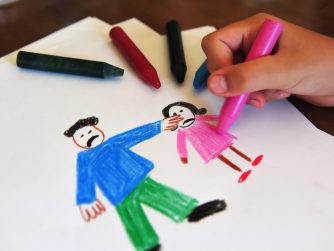Dr. Victor Manalo
In this episode, our guest Dr. Victor Manalo describes his early inspiration for a career as a social worker in the political arena and looks back and forward over his innovative career. Capitalizing on the Social Work core value of and focus on relationships, he discusses the perfect fit with the “it’s who you know” reality of political life.
Victor Manalo, PhD, is a retired university professor, former councilman, and consultant. He earned a Ph.D. in Social Work from the University of Southern California and a Master’s Degree in Social Work from California State University, Long Beach. From 2002-2015, he was Associate Professor in the School of Social Work at California State University, Los Angeles. His area of practice and research expertise in civic engagement at the local level resulted in numerous academic publications and professional presentations. He continues to teach part-time at Cal State LA and Cal State Fullerton. For over eleven years, Dr. Manalo served on the Artesia City Council, where he was active as a Regional Council Member of the Southern California Association of Governments, policy board member of the Southeast Los Angeles County Workforce Investment Board, and President of the California Contract Cities Association. As a consultant, he works with Los Angeles County and the City of Downey to facilitate a public-private coalition called the Downey Cares Collaborative to better serve the needs of children and families who are victims of violence and abuse.
Interviewer: Gokul Mandayam, PhD





